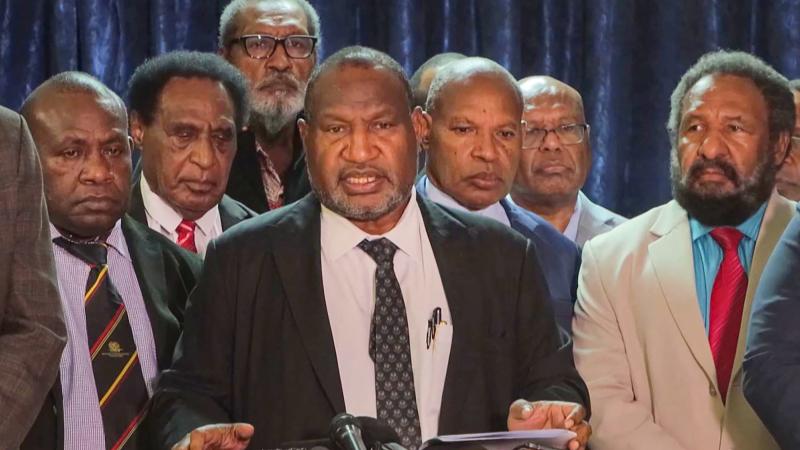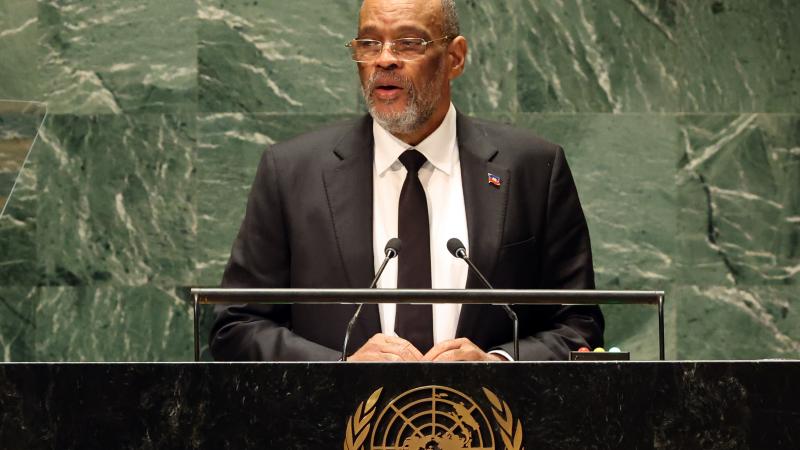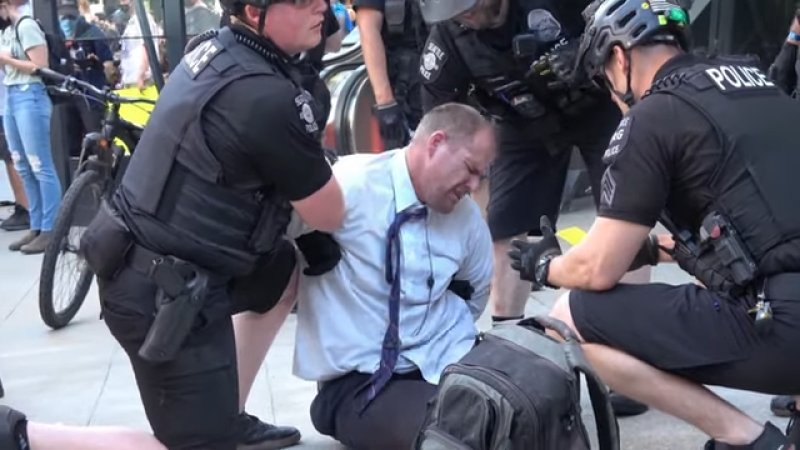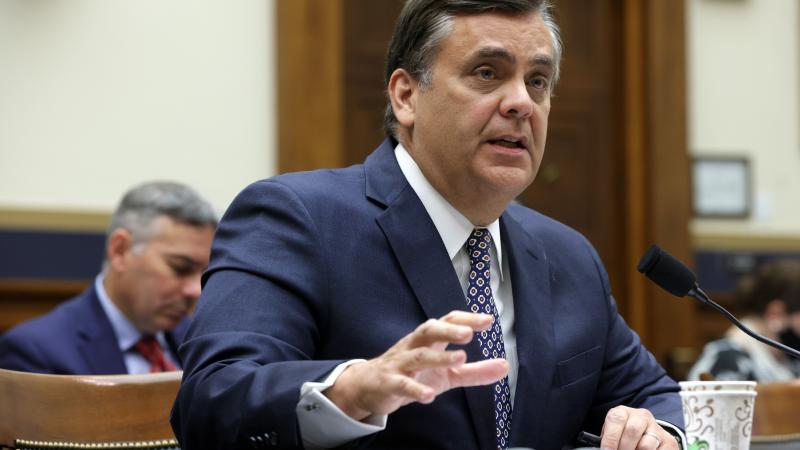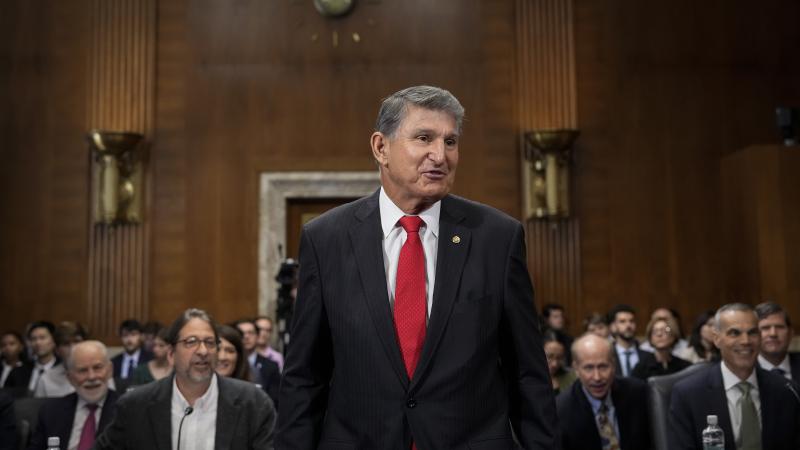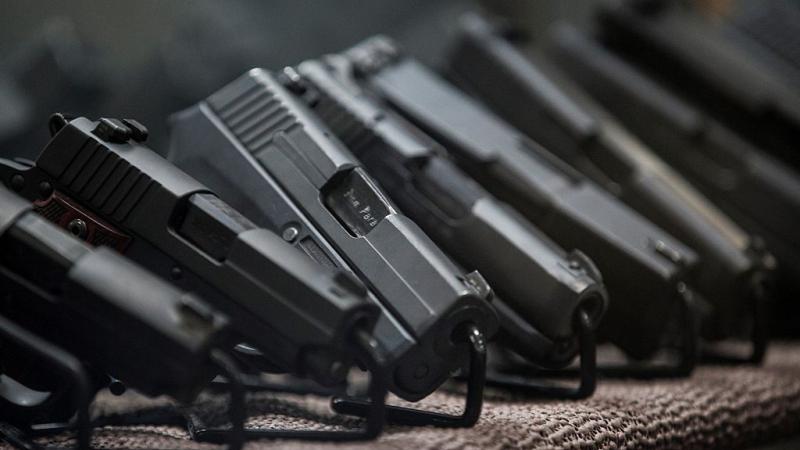Taliban ramp up attacks, sparking increased fears for Afghanistan and safety of Western troops
The exit of Western troops leaves a vacuum for others to fill, one former defense official told Just the News.
As the U.S. withdraws its troops from Afghanistan, the Taliban has ramped up violence inside the South Asian country, battling government forces in a fight for territory and power, prompting thousands of Afghans to flee their homes — and raising concerns over broader security issues, including the safety of Western troops who have not yet exited.
While speaking to reporters Wednesday, Pentagon spokesman John Kirby noted that Defense Secretary Lloyd Austin aims to protect the troops while they prepare to leave Afghanistan.
"The secretary is committed to a safe and orderly, responsible drawdown, and we have made it exceedingly clear that protecting our forces and the forces of our allies and partners as they withdraw is a main priority," Kirby said. "The first word out of our mouths is safe. A safe withdrawal. And the secretary has approved some additional assets in the region to help us ensure that protection."
In recent days, the insurgents have captured areas in northern and southern parts of the country, and also have inflicted and suffered battlefield losses.
The fundamentalist Islamist group stepped up its attacks after the U.S. and other partner countries last month announced that they would pull their forces out of Afghanistan by Sept. 11.
A drawdown has been in the works following a deal last year between the Trump administration and the Taliban. The U.S. planned to withdraw forces by May 1, contingent on whether the Taliban met certain conditions. President Joe Biden last month announced that he would pull troops at the later date, but without conditions.
The announcement that all American forces would unilaterally leave Afghanistan brought both praise and swift rebuke from political stakeholders.
Supporting the drawdown was former Secretary of State Colin Powell, who said the decision was "overdue," telling the Washington Post: "I'd say we've done all we can do. ... What are those troops being told they're there for? It's time to bring it to an end."
Others cautioned that the drawdown left no incentive for the Taliban to abide by agreements, nor to reduce violence overall.
"No one wants a forever war, but I've consistently said any withdrawal must be conditions-based," said Sen. Jim Inhofe of Oklahoma, the ranking Republican on the Senate Armed Services Committee. "Arbitrary deadlines would likely put our troops in danger, jeopardize all the progress we've made, and lead to civil war in Afghanistan — and create a breeding ground for international terrorists."
American security officials have warned that a destabilized Afghanistan could bring a number of ill effects, among them the possibility that ISIS will regroup within the heavily mountainous region.
The exit of Western troops leaves room for others to take their place, one former defense official told Just the News.
"When you leave a region, you leave space for others to move in," the official said. "Vacuums get left."
When the Soviet Union left Afghanistan in 1989 after fighting there for nine years, the vacuum was filled on multiple levels.
"When the mujahideen defeated the Soviets, there was the sense among the mujahideen that they are touched by divine support," the official said. "It becomes a recruiting tool. A lot of people there will believe these claims."
This presents a particular risk in remote regions.
"There are ungoverned spaces in Afghanistan," the official said. "The Afghanistan-Pakistan border is no man's land."
The most recent Taliban offensive commenced shortly after the Pentagon downplayed assaults on Western forces as they pulled out of the country.
"What we've seen are some small harassing attacks over the course of the weekend that have not had any significant impact, certainly not on our people or our resources there and bases," the Pentagon's Kirby said May 3 when talking to journalists.
Afghan government forces have responded to attacks in at least seven provinces, according to Afghan officials. More than 100 Taliban were killed in the notoriously treacherous Helmand, officials said.
Secretary of State Antony Blinken said May 3 in London that "we intend to sustain our assistance" to Afghanistan. He did not specify what the assistance would entail.
The U.S. meanwhile dispatched two additional B-52 Stratofortress bomber aircraft to Qatar, where the jets joined four other B-52s that arrived there in April.

